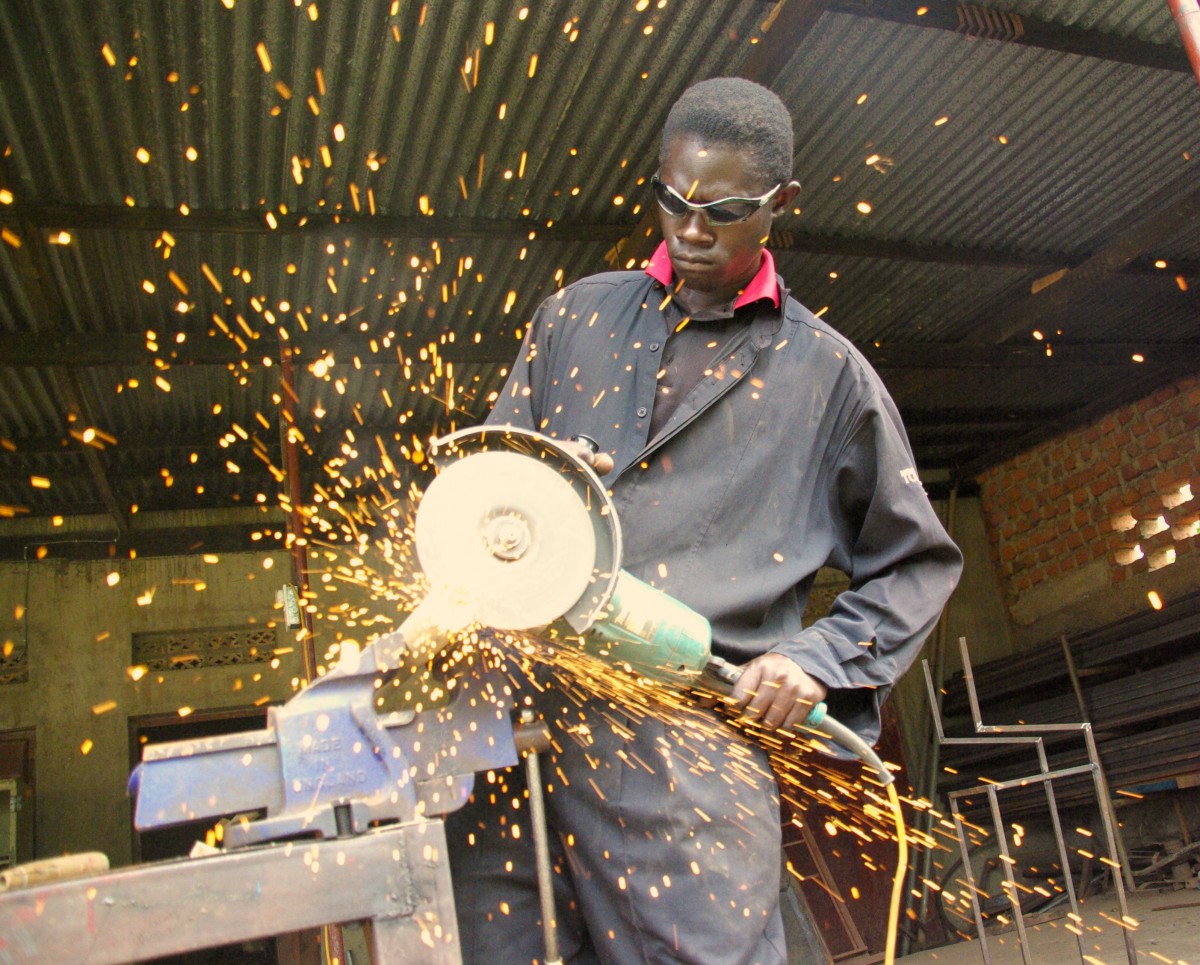
Metal work encompasses a diverse range of skills and techniques that empower you to transform raw materials into functional and resilient structures. Whether you’re delving into sheet metal work, welding, forging, or need custom parts and trailer repairs, mastering these crafts requires a blend of technical expertise and practical know-how. How can you harness the power of metal work to create and repair with precision? Let’s explore actionable guidance to get you started.
Understanding the Foundations of Metal Work
Metal work is an art and science that involves shaping and manipulating metals to create various products, from intricate custom parts to sturdy trailer repairs. It begins with understanding different metal types, such as steel, aluminum, and alloys, and their properties. Professional metalworkers leverage this knowledge to select the right material for each project, ensuring durability and performance.
Navigating the World of Sheet Metal Work
Sheet metal work focuses on thin, flat pieces of metal that are formed into specific shapes. This versatile technique is used in industries ranging from automotive to construction. Professionals skilled in sheet metal work utilize cutting-edge tools like shears, brakes, and rollers to cut, bend, and shape metal sheets accurately. Whether crafting HVAC ducts or architectural components, precision is key to achieving optimal results.
Mastering the Art of Welding
Welding joins metals together using heat and pressure, creating strong bonds that withstand stress and corrosion. From MIG and TIG welding to arc and spot welding, each method offers unique advantages depending on the project’s requirements. Professional welders meticulously prepare surfaces, select appropriate welding techniques, and ensure proper ventilation for safety. The result is seamless joints and structures built to last.
Exploring the Craft of Metal Forging

Metal forging involves shaping metal through localized compressive forces using hammers, presses, or dies. This ancient technique enhances metal’s strength and durability by aligning its internal grain structure. Professionals in metal forging skillfully heat, shape, and cool metals like iron and steel to create bespoke components for industries like aerospace and manufacturing. Precision and craftsmanship define the art of metal forging.
Crafting Custom Parts with Precision
Custom metal parts are tailored solutions that meet specific design and functional requirements. Whether prototyping new inventions or replacing intricate components, skilled professionals use advanced machining and fabrication techniques. They interpret technical drawings, select suitable materials, and employ CNC machining or manual methods to produce accurate and high-quality parts. Custom metal work demands attention to detail and a commitment to excellence.
Ensuring Reliable Trailer Repairs and Manufacturing
Trailer repairs and manufacturing require specialized expertise to maintain safety and functionality. Professional metalworkers diagnose issues such as structural damage or corrosion, recommend appropriate repairs, and execute them with precision. They may fabricate new parts, reinforce weak points, or perform welding repairs to restore trailers to optimal condition. Quality craftsmanship ensures trailers withstand the rigours of transportation and logistics.
Tips for Success in Metal Work
- Invest in Education and Training: Enhance your skills through formal education, apprenticeships, or specialized training programs. Stay updated with advancements in techniques and technology.
- Practice Safety First: Always wear appropriate protective gear, follow safety protocols, and ensure a well-ventilated workspace when handling metals and operating machinery.
- Network and Learn from Experts: Connect with experienced professionals in the metalworking community. Attend workshops, seminars, or industry events to exchange knowledge and insights.
- Embrace Continuous Improvement: Experiment with new techniques, seek feedback, and strive for mastery in your craft. Learn from mistakes and celebrate successes along the way.
Embracing the Craft of Metal Work
In conclusion, mastering metal work opens doors to endless possibilities in creating, repairing, and innovating with metals. Whether you’re a novice exploring sheet metal techniques or a seasoned professional forging custom parts, each project presents an opportunity to hone your skills and contribute to industries that rely on metal craftsmanship. Take the first step towards mastering metal work today and unleash your creativity in transforming raw metal into functional beauty.
